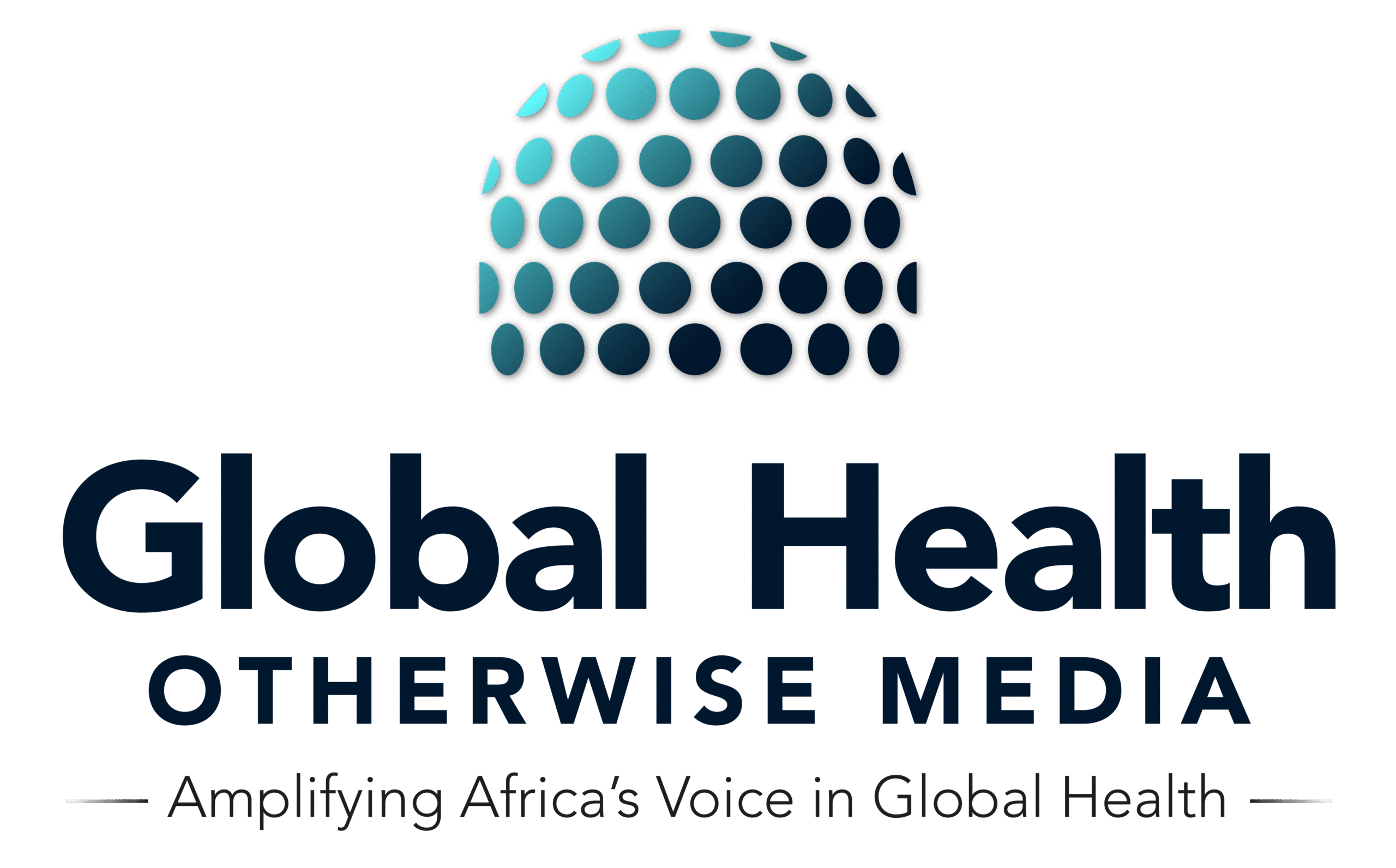In a small village on the outskirts of Kisumu, a young mother cradles her newborn, whispering lullabies as the child feeds. There are no expensive bottles or imported formulas here, just the quiet, timeless act of breastfeeding. It is a tradition as old as humanity itself, yet it holds the key to solving one of Africa’s most pressing economic and health challenges.
For centuries, breastfeeding in Africa has been more than a maternal instinct, it is a cultural pillar, a rite of passage, and, increasingly, a public health necessity. Since the Innocenti Declaration of 1990 and the Baby Friendly Hospital Initiative launched a year later, global and local movements have fought to safeguard this practice against the tide of commercial formula marketing.
Research shows that, exclusive breastfeeding for the first six months of life can prevent illnesses like diarrhoea and pneumonia, two of the leading killers of African children under five. Each prevented illness means fewer clinic visits, fewer hospital admissions, and fewer, young lives cut short.
Breastfeeding culture under threat
Africa has witnessed a transformative journey in recognizing the multifaceted benefits of breastfeeding, not only for individual families but also for national health systems. For generations, breastfeeding has been more than just nourishment, it has been an unbroken thread of life, woven into culture, family, and survival. Yet, in recent decades, the quiet arrival of formula feeding and other alternatives has begun to fray that thread, challenging an age-old practice that once thought sacred.
Despite its numerous benefits, the path to promoting exclusive breastfeeding (EBF) in rural communities has been filled with multiple hurdles and challenges. Inadequate access to breastfeeding counselling services has been identified as a significant barrier, particularly in rural areas. Factors such as maternal age, education level, and distance to healthcare facilities contribute to this issue.
Additionally, societal perceptions and traditional beliefs sometimes hinder the adoption of exclusive breastfeeding. For instance, in some communities, there is a misconception that infants require water in addition to breast milk, which can lead to early introduction of complementary foods. A study conducted in Tanzania highlights regional disparities in EBF practices, with variations in prevalence across different regions. For infants aged 0–1 month, EBF prevalence ranged from 94% in Mbeya to 10% in Lindi.
This disparity underscores the importance of addressing regional factors that influence breastfeeding practices. The study also found that maternal literacy levels significantly impact EBF practices with mothers who could read whole sentences having higher odds of practicing EBF compared to those who could not read at all. This suggests that improving maternal education could be a key strategy in promoting EBF. Furthermore, cultural beliefs and practices play a crucial role in shaping infant feeding behaviours.
In some communities, there is a belief that infants need additional fluids like water or herbal concoctions, which can interfere with exclusive breastfeeding. Addressing these misconceptions through community education and engagement is essential for promoting EBF.
To overcome these challenges, targeted interventions are needed to improve access to breastfeeding counselling services, enhance maternal education, and address cultural beliefs that hinder exclusive breastfeeding. By implementing such strategies, communities can work towards increasing the prevalence of exclusive breastfeeding and improving infant health outcomes.
Actions to Support mothers to breastfeed everywhere, anytime
Recognizing the deep-rooted challenges, several African nations have implemented policies to support breastfeeding. In South Africa, the government promotes exclusive breastfeeding for the first six months for all mothers, regardless of HIV status, following WHO recommendations.
HIV-positive women are supported through the Option B+ strategy, which provides lifelong antiretroviral therapy (ART) to reduce mother-to-child HIV transmission. ART, combined with infant prophylaxis (Nevirapine or Zidovudine), lowers transmission risk to under 2%. Additional support includes counselling, education, regular monitoring, and community support to help mothers safely breastfeed. These measures ensure that HIV-positive mothers can breastfeed while minimizing the risk of HIV transmission to their infants. This bold stance not only protects infants’ health but also helps dismantle stigma and misinformation surrounding breastfeeding in the context of HIV.
International organizations have also played a pivotal role in advocating for breastfeeding. The World Health Organization and UNICEF have consistently emphasized the importance of breastfeeding through campaigns like World Breastfeeding Week, celebrated annually from August 1 to 7. Global health agencies continue to emphasize the importance of stronger, sustainable support systems for breastfeeding mothers, recognizing both the economic and health benefits.
In Kenya, several innovative initiatives have proven successful in promoting exclusive breastfeeding (EBF) in diverse settings. In Meru County, a randomized controlled trial involving Mother-to-Mother Support Groups (MTMSGs) revealed that mothers participating in these groups were more than twice as likely to exclusively breastfeed at six months compared to those who did not receive such support. These groups combined breastfeeding education with peer support and even incorporated income-generating activities, making them particularly effective in low-resource rural communities.
In Kericho County, a private tea plantation introduced a baby-friendly workplace initiative that provided breastfeeding rooms, flexible hours, and childcare facilities for mothers. An evaluation of the program showed that nearly 90% of infants were breastfed, and each dollar invested in the initiative yielded a 111% return, highlighting the positive impact of workplace policies in supporting breastfeeding.
Additionally, a program in rural Kenya that offered peer support to mothers of low birth weight infants proved successful in helping them initiate and maintain breastfeeding. Trained peer counsellors provided personalized assistance, underscoring the value of community-based support in overcoming breastfeeding challenges. These examples demonstrate how community strategies, workplace policies, and peer support systems can effectively promote EBF, improve maternal and child health, and yield economic benefits.
The Road Ahead for Africa
As Africa moves forward, integrating breastfeeding promotion into broader health policies remains crucial. Investing in education, healthcare infrastructure, and community engagement will be key to overcoming existing barriers. Moreover, fostering a supportive environment for breastfeeding mothers, including workplace accommodations and public awareness campaigns, will contribute to sustained improvements in maternal and child health.
In essence, breastfeeding is not merely a personal choice but a collective responsibility that shapes the health and future of nations. By embracing and supporting this practice, African countries can pave the way for healthier generations and more resilient health systems. Achieving the World Health Organisation’s (WHO) target of increasing the rate of exclusive breastfeeding for the first six months to at least 50% by 2025 is crucial in this endeavour.
Currently, global exclusive breastfeeding rates remain below this target, with only 48% of infants under six months being exclusively breastfed. In Africa, rates vary significantly, ranging from 19% in Gabon to 81% in Rwanda, with a median of 53%. To meet these targets, African countries must invest in sustainable support systems for breastfeeding mothers.
This includes integrating breastfeeding counselling into routine maternal and child health services, ensuring all health service providers are equipped with the necessary skills and knowledge, and strengthening community health systems to provide ongoing, accessible breastfeeding support. By prioritizing breastfeeding and creating supportive environments, African nations can improve maternal and child health outcomes.


